Japan's attempts to release the Fukushima nuclear-contaminated water into the ocean will not only violate international law but also its own domestic laws, said Yen-Chiang Chang, a professor of international law studies from Dalian Maritime University.
Japan's Atomic Energy Basic Act requires the nation to follow international standards and ensure security while utilizing nuclear energy, while its Act on the Regulation of Nuclear Source Material, Nuclear Fuel Material and Reactors further defines the responsibility of nuclear utilizers to prevent leakage, Chang said, adding that all these have laid legal foundations for lawsuits within the framework of Japanese domestic laws.
He made the remarks at a "Roundtable Seminar on the Legal Issues of Fukushima Nuclear Contaminated Water Sewage". The China Institute for Ocean Security of the Ocean University of China, or OUC, invited a dozen of experts to talk on the issue at the seminar on Saturday.
Chang listed 17 cases in which local residents and organizations had sued the Tokyo Electric Power Company, or TEPCO, and the Japanese government in 2017. Nine primary trials found the Japanese government responsible for nuclear wastewater disposal. Four of these cases completed high court trials, of which three found the Japanese government liable.
He said that in June 2022, the Supreme Court of Japan said in its final verdict on four collective lawsuits filed by local residents of Fukushima that it was TEPCO, and not the Japanese government, that should be held accountable. "Which means the Japanese judiciary is trying to separate the Japanese government from TEPCO on the issue," he said.
Xing Guangmei, a senior researcher on international maritime law at the institute, said the nuclear contamination of water is not a conflict between Japan and any other country based on interests or ideologies, but a problem facing the entire humankind. "No country is absolutely safe from the disaster," she said at the seminar, calling for more international cooperation to prevent it.
Xing was echoed by Jin Yongming, a professor from the OUC, who called for more scientific discussions on the issue in order to find a solution to the problem.
Mei Hong, a professor at OUC Law School, listed the responsibilities of a national government in protecting the maritime environment under a comprehensive framework of domestic and international laws, which range from minimizing marine environment risks, compensation for possible damage to the marine environment, to the state responsibilities for cross-border oceanic environmental risks and then possible international criminal liabilities.
Mei also called for better coordination between private and public international laws to deal with the issue more effectively.
Chang suggested that China take the matter to the international courts, not as a lawsuit, but for an advisory opinion, "to solve the problem within the framework of international law".
The Japanese government decided to release nuclear wastewater into the ocean on April 13, 2021.














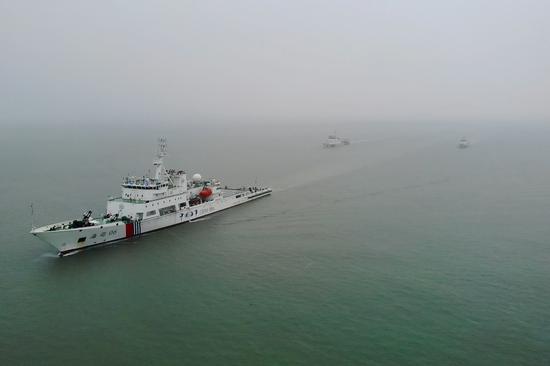
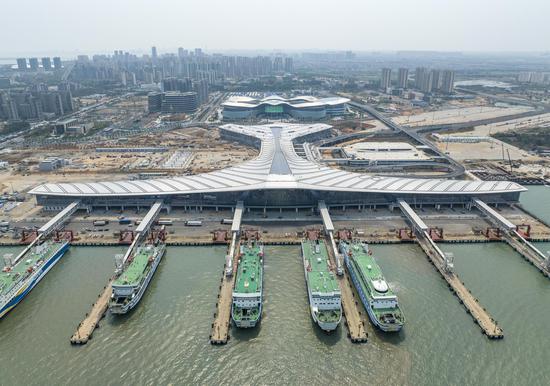

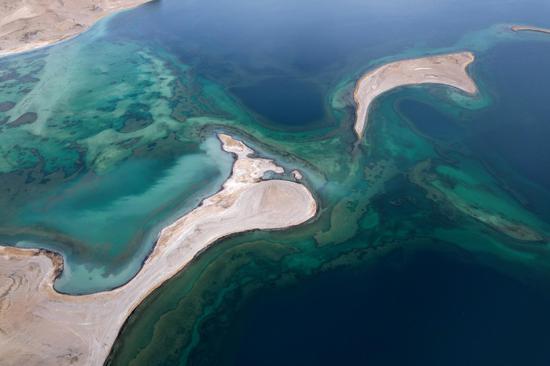

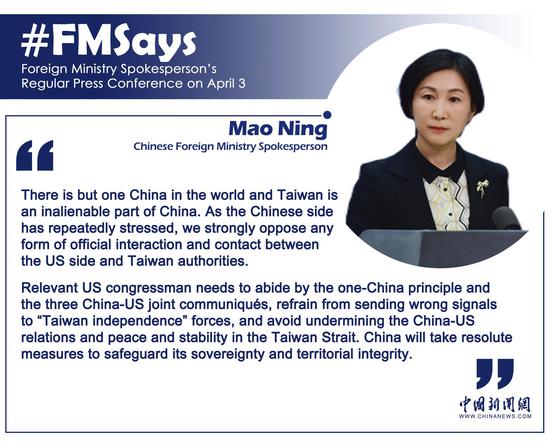

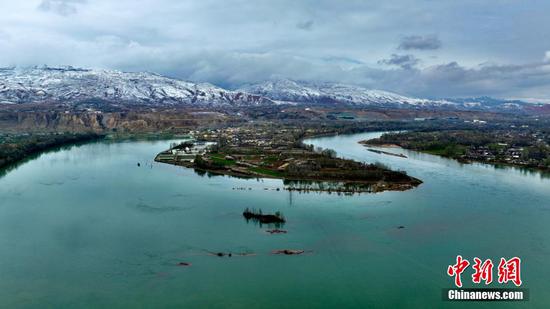




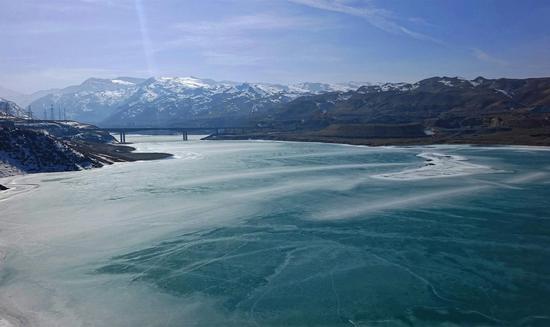
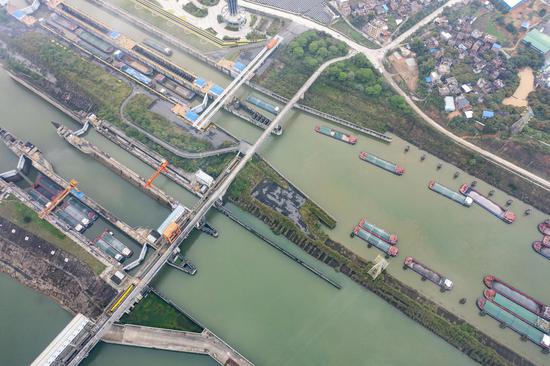



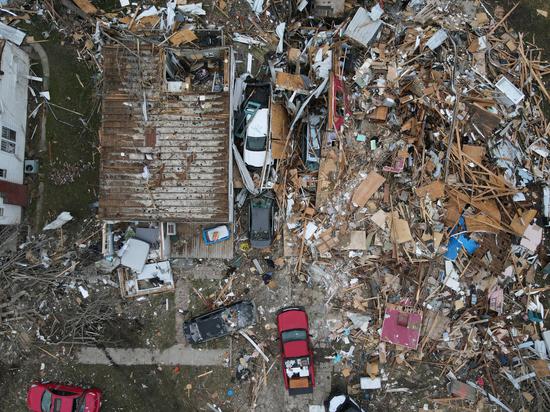





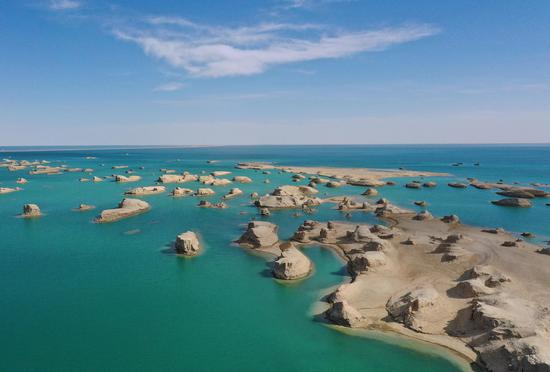




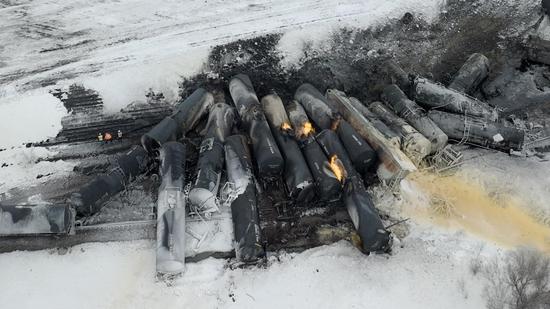







 京公网安备 11010202009201号
京公网安备 11010202009201号